PC gaming is often heralded as the premier way to play, but if, like me, you’re stuck with a crappy laptop, it can seem out of reach. Keeping up to date with graphics cards is expensive, also I don’t really know what a driver is, and at this point, I’m too afraid to ask. NVIDIA GeForce Now seems like an easy way in, but is it actually?
Table of contents
What is NVIDIA GeForce Now?

NVIDIA GeForce Now is a monthly cloud subscription service that often gets incorrectly compared to Xbox Game Pass. It allows you to stream games you own to your own devices (including phones and some smart TVs) from NVIDIA centers located around the world. So, for people like me, who’ve been amassing Steam games for years because they just can’t resist the sales, but don’t have an RTX 4080, it seems like a great service.
The catch is, you need a stable internet connection because the games are streamed to you via the cloud. Think of it like watching a film on Netflix, only you’re actually playing Starfield or some other triple-A release. The full system requirements can be found on NVIDIA’s website, but essentially, as long as you’ve got an OS from the last 10 years and an internet speed above 15Mbps, you should be golden. PlayStation and Xbox controllers work with the service, as do keyboard and mouse.
The main difference between GeForce Now and Game Pass is you need to actually own the games you stream. I think this is a good thing because it means even if a game leaves GeForce now for whatever reason, you still own it and can download it and play it yourself once you’ve got the right hardware. All your GeForce Now subscription buys you is access to NVIDIA’s data centers and their superior graphics cards.
What are the NVIDIA GeForce Now tiers?

There are three subscription tiers currently available: Free, Priority, and Ultimate.
Free – $0 per month
This tier costs, well, nothing, as the name suggests. You get access to an RTX 2060, standard access—meaning there may be queues if demand is high—and one-hour sessions. So, you’ll need to take regular breaks. There’s no limit on how many play sessions you start for any of the tiers, so you can play as often as you like, you just need to stop occasionally.
Premium – $9.99 per month
Premium is where you start having to pay for the privilege of the service. For $9.99 a month, you get access to a 3080 and RTX enabled, priority access, so fewer queues hopefully, six-hour sessions, up to 60fps, and up to 1080p resolutions. It’s not quite the graphical height PCs are capable of reaching, but it’s a lot better than my machine can do.
Ultimate – $19.99 per month
Ultimate is, as the name suggests again, the ultimate tier. For $19.99 per month you get access to new 4080s, eight-hour sessions (please remember to eat and drink), the fastest servers, and up to 4K, 120fps. It’s expensive, but it’s the best your games will look without you forking out for the hardware yourself. The small print here is you only get the 4080 access once your nearest data center gets upgraded.
Which NVIDIA GeForce Now tier should I get?

Which one is right for you depends on your needs and budget. The Free tier is a good way to trial the service to see if you like it, while the Premium tier will get you through pretty much all your single-player needs. If you want to do more competitive multiplayer gaming, you’ll probably need the speed of Ultimate.
For me, I like to get stuck into games for more than an hour, but I don’t really care too much about 4K or 120fps, so the Premium tier would be my go-to if I were paying for the service. What I did notice during my time with the service was that if you’re idle for too long, your session can end. I’d imagine this is to ease congestion, but if you’re easily distracted like I am, then make sure you save before you go and make yourself a sandwich or play with your guinea pigs.
If you’ve already got a high-end gaming PC, this probably isn’t the service for you. But for someone like me, who isn’t very tech savvy, doesn’t know their GPU from their elbow, and still doesn’t understand drivers, it’s a way to finally use my ever-growing library of Steam games. As long as my internet doesn’t go down that is.


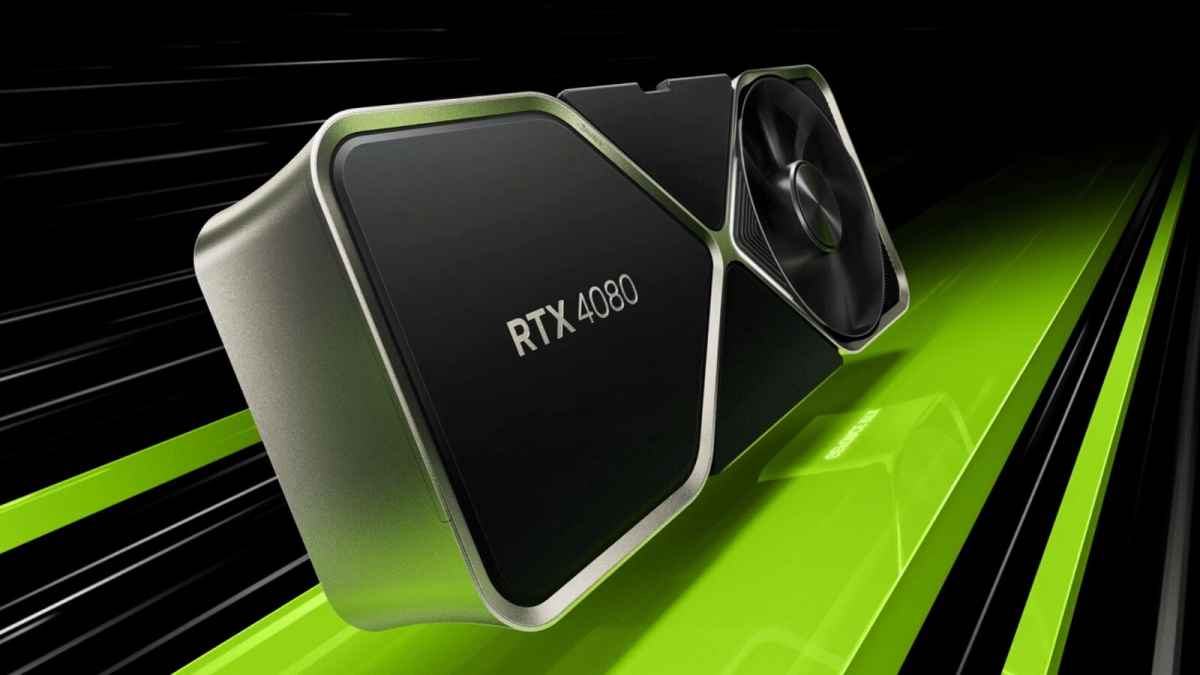
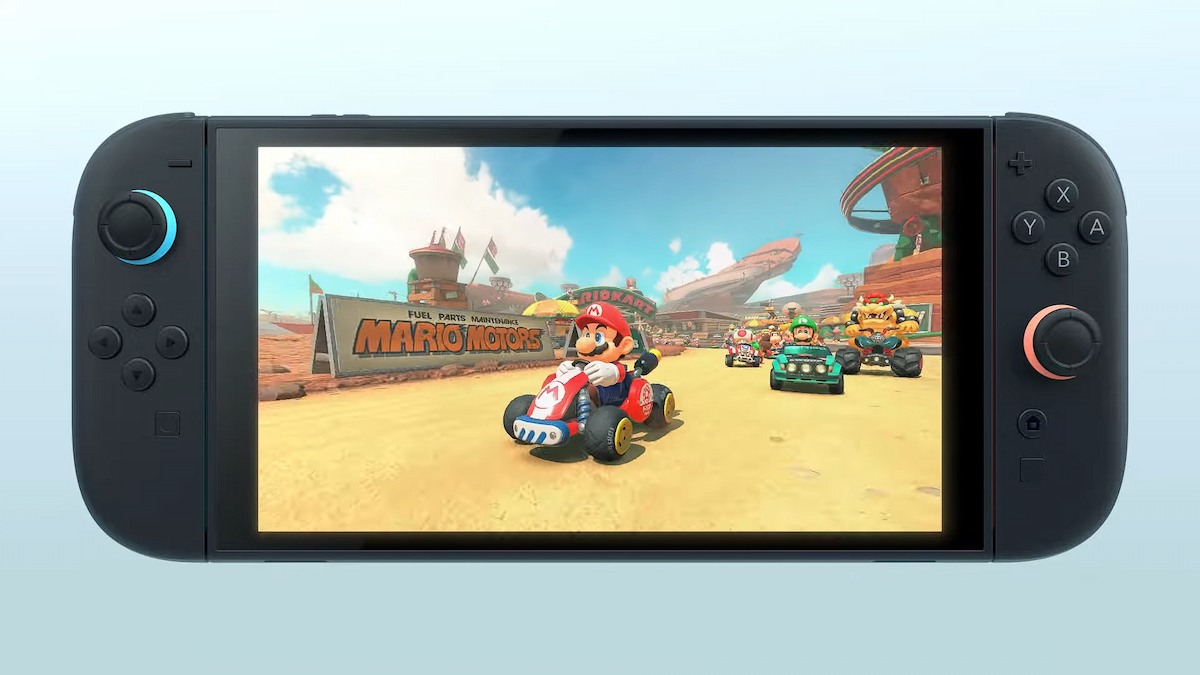
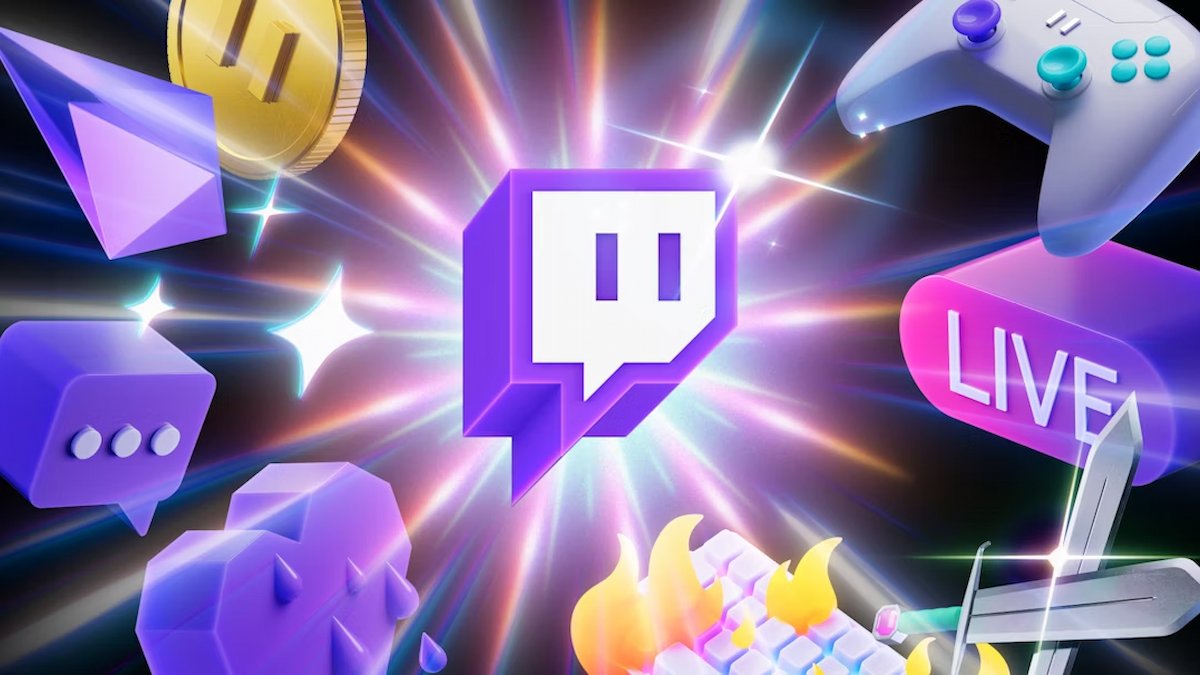
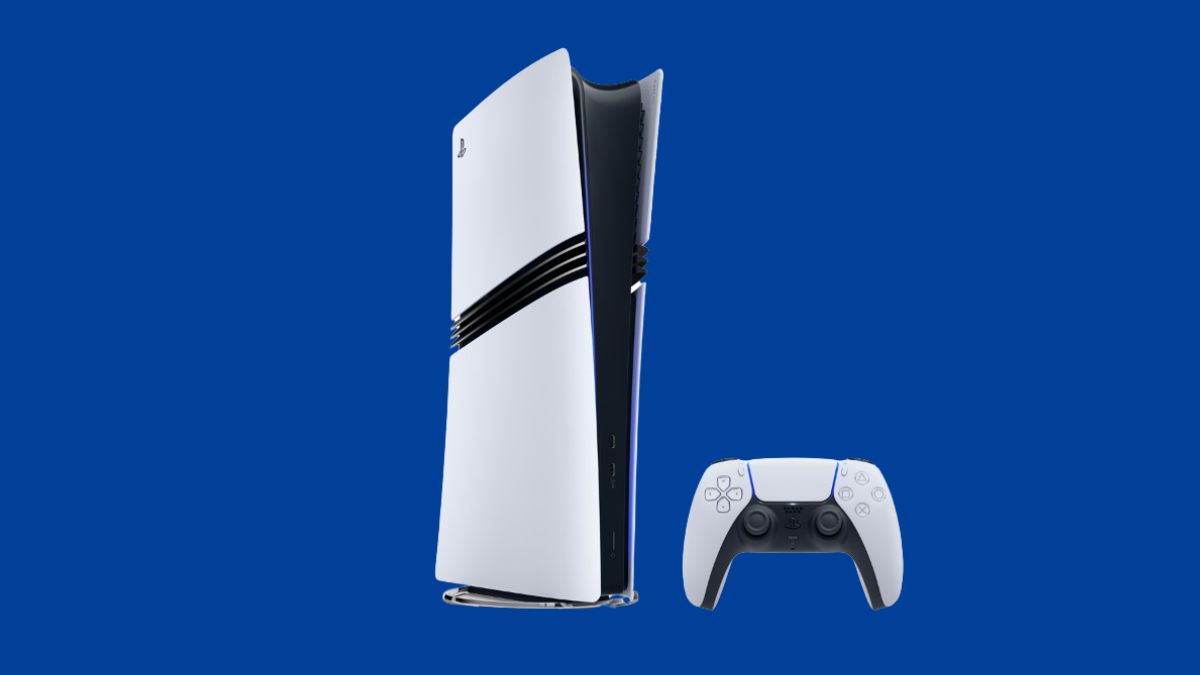
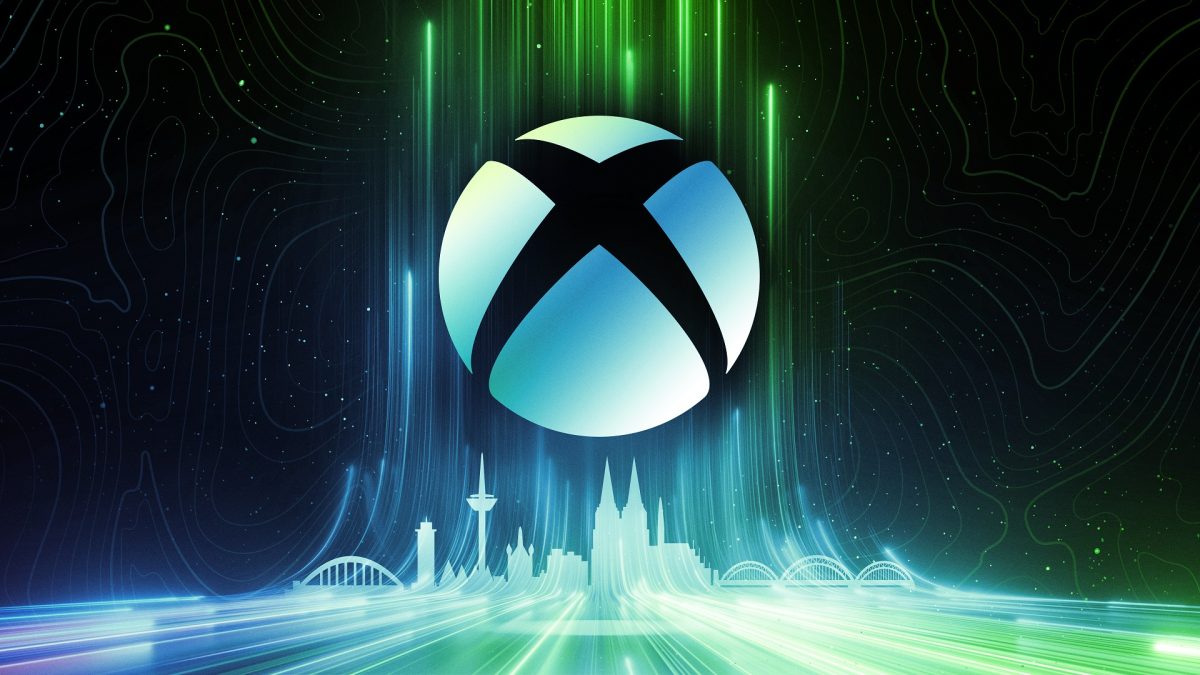
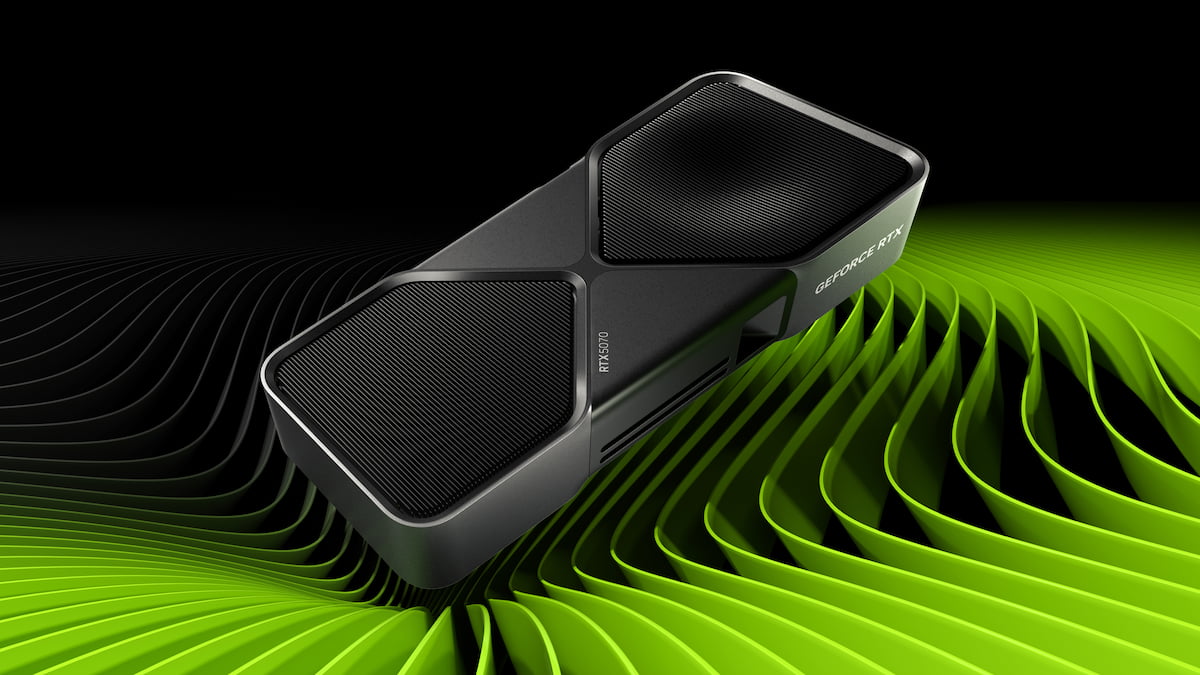

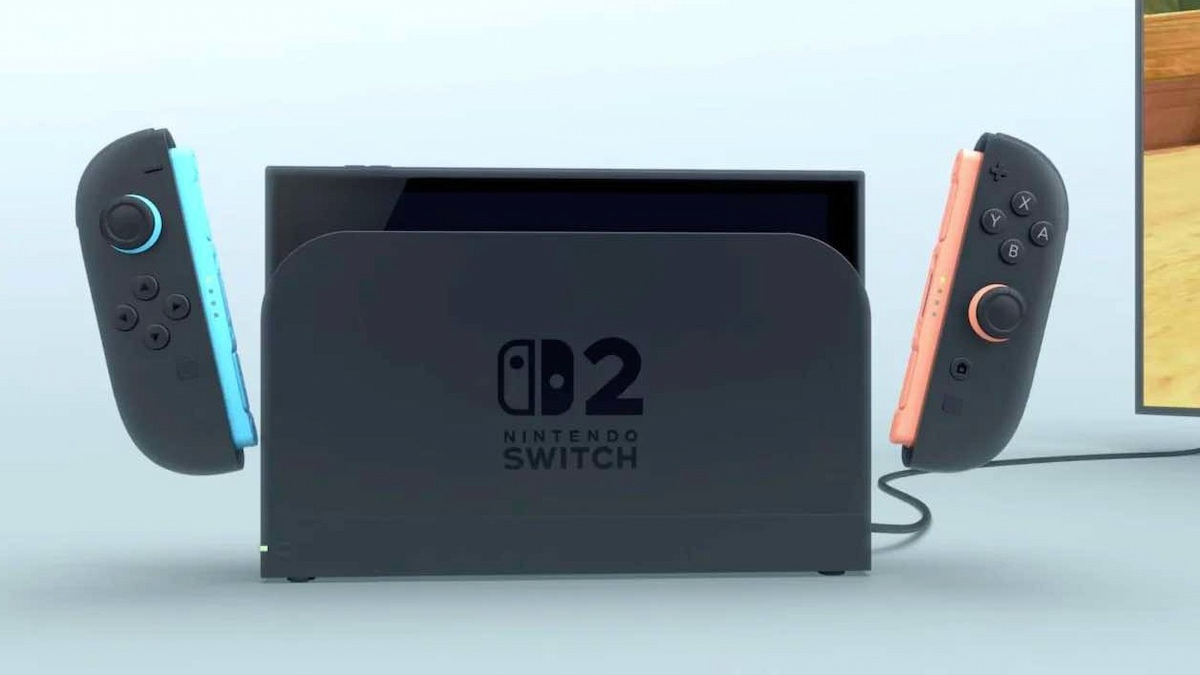
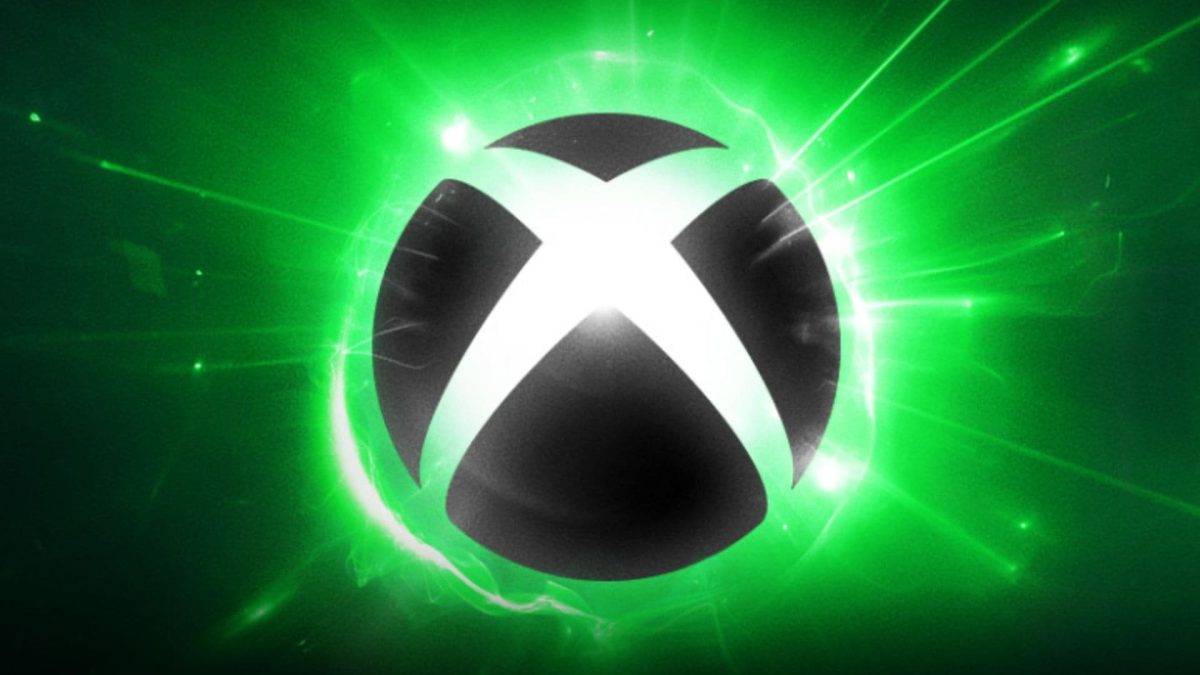

Published: Jul 13, 2023 01:32 am